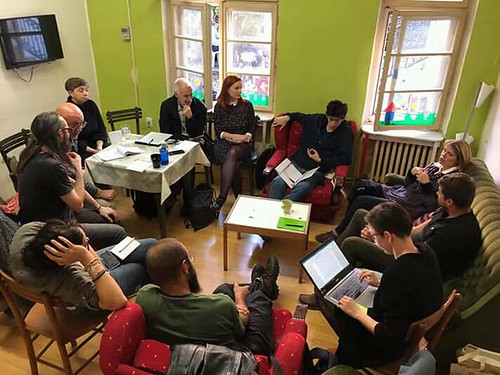Barcelona´s city growth obliged it to expand beyond its own walls and expand onto the Eixample district. Since then, the management of water resources has mainly been in private hands and has grown in this way throughout the majority of towns and cities of the larger Metropolitan Area. Despite this fact, in 2010 a Barcelona court ruled that there was no public contracting situation to regulate this management. Two years on in 2012 the government of Àrea Metropolitana de Barcelona (AMB) created a mixed company as partners with Sociedad General de Agua de Barcelona (AGBAR group) to manage the urban water cycle of supply and sanitation.
In 2016, the mixed partnership was cancelled by the Supreme Court of Catalonia (TSJC) due to various irregularities: there had been no reasoning as to why the mixed partnership was the better option, besides the contract was ´passed on´ -conceded without public tender- the private part of the mixed venture, and finally, the valuation of assets was tipped very obviously in AGBAR’s favor. The court ruling by the TSJC will be considered in the next months by the Supreme Court of Spain, which is under the obligation of reaching a final verdict. If this verdict rules against the mixed company, this would make a perfect opportunity to make the water system public again for the communities of AMB.





